SOME years ago at a party, a high flying international accountant told me that he thought that the next war would be between the private sector and the public sector.
At the time I thought he might have overdone it on the Rioja, and these days with talk of war with Russia and in the Korean peninsula, not to mention Islamist terror, the analogy may be particularly unfortunate.

However, the bibulous accountant may have had a point.
Certainly, in the Gibraltar of 2017, the disparity in terms and conditions between people involved in private enterprise (particularly the self employed and the smaller firms) is becoming ever starker.
Even those who pay tax on the pay-as-you-earn basis on salaries are cottoning on to the fact that their taxes go to pay not just the salaries, but also the pensions of government employees, whilst they themselves may not have sufficient protection when they retire.
The private sector (excluding hot shot advisers, hand holders, and bag men in the ‘tax efficiency industry’) has become the Cinderella of Gibraltar, with seemingly no prospect of a Prince Charming coming to our rescue.
Alas, as in many other places, politicians seem to be focused on using taxpayers money to please constituencies which can deliver votes every four years with scant regard to the long term prosperity and security of the people as a whole, and future generations.
One wonders to what extent the current parlous financial state of countries like Greece and even, dare I say, Spain, is due to these vote buying tactics of the political classes.
Anyway, back to the current situation in Brexit-era Gibraltar.
There is no doubt that the government is working hard to bring into practical fruition the promise made by British Foreign and Commonwealth Minister, Boris Johnson, early in July 2016 to create a “common market” between the United Kingdom and Gibraltar.
As I write these lines, the practical detail of that ‘common market’ is being hammered out, or so we are told.
The results, I have no doubt will be beneficial both to Gibraltar and the UK and the areas in the Campo de Gibraltar which have a close economic relationship with the City of Gibraltar.
However, that will be only half the battle won.
There are still major challenges to be faced and there is a rising and ever louder level of concern that the Gibraltar Government does not appear to be making any plans to rein in recurring expenditure.
That is why the recent announcement that social insurance contributions will be increased sharply has angered many.
Of course, these increases will affect everyone in both sectors of the economy and not just the wealthy but also people on low incomes, including single parents.
The word around town is that before announcing these increases of social security contributions by working people, the government should have presented the electorate with a detailed analysis of its plans to make the public service more efficient and less expensive.
The suggestion that the money is going to fund something called “e-government” has impressed few and dismayed many.
As luck would have it, even as the Gibraltar Government was announcing this ill-conceived, rather limp measure, the UK’s Chancellor of the Exchequer, Philip Hammond was forced to make one of the most humiliating u-turns when he announced a similar increase in ‘National Insurance’ which is the UK equivalent of our social insurance.
Like Mr Hammond in London, the Gibraltar Government needs to start getting real.
The economy of Gibraltar cannot be managed by spin and smoke and mirrors or photo-shoots.
Mr Picardo’s government needs to man up to the realisation that it needs to take brave decisions which might bring it short term unpopularity among the beneficiaries of the largesse, not just of the current administration, but also previous ones.
The kind of statesmanship that is now urgently required could even lead to loss of office – but that is what principled politics is all about.
Mr Picardo would do well to heed the advice of ex-Chief Minister and father of the GSLP ruling party, Mr Joe Bossano. Bossano had a reputation for prudent economics.
The entire western world is undergoing a major readjustment.
Gibraltar cannot afford to be left behind, but at the moment there seem to be precious few indications coming from the Gibraltar Government, or indeed our parliament as a whole that the present political elite has any ideas at all as to how to deal with the new reality.

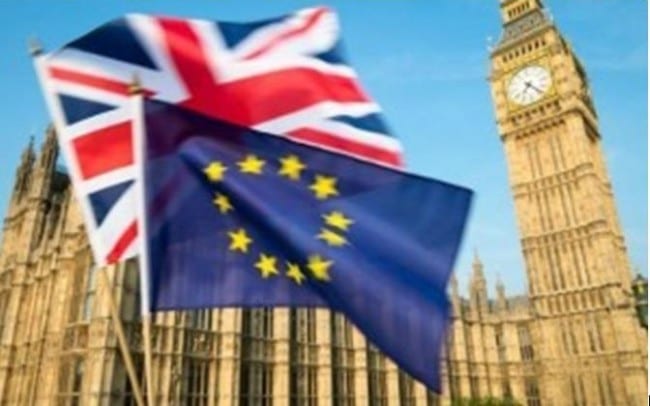

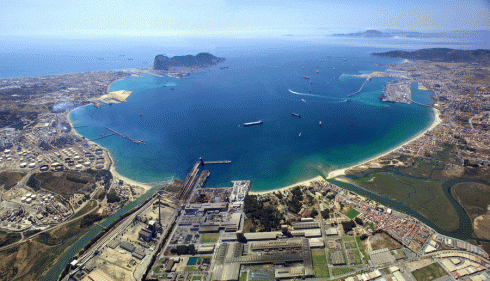
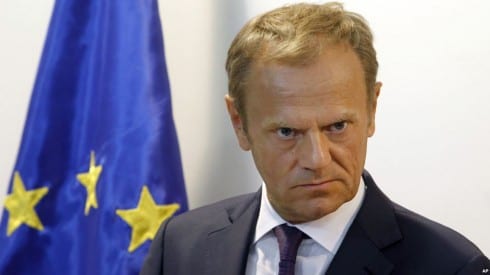


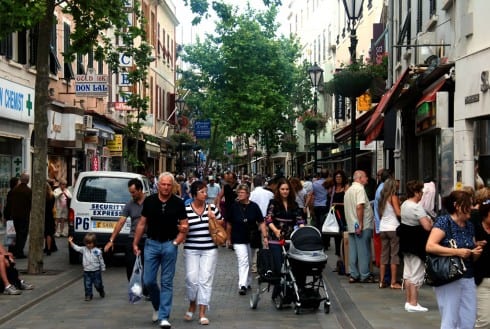
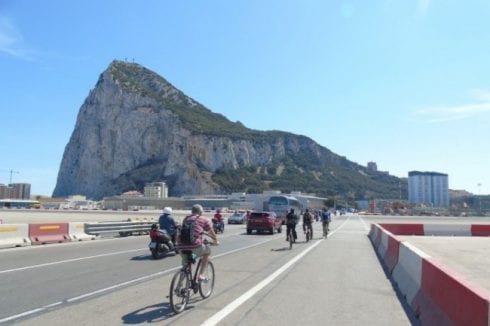



What happens in and to Gibraltar is, of course, very important to those residents. For better or worse most others are not concerned.